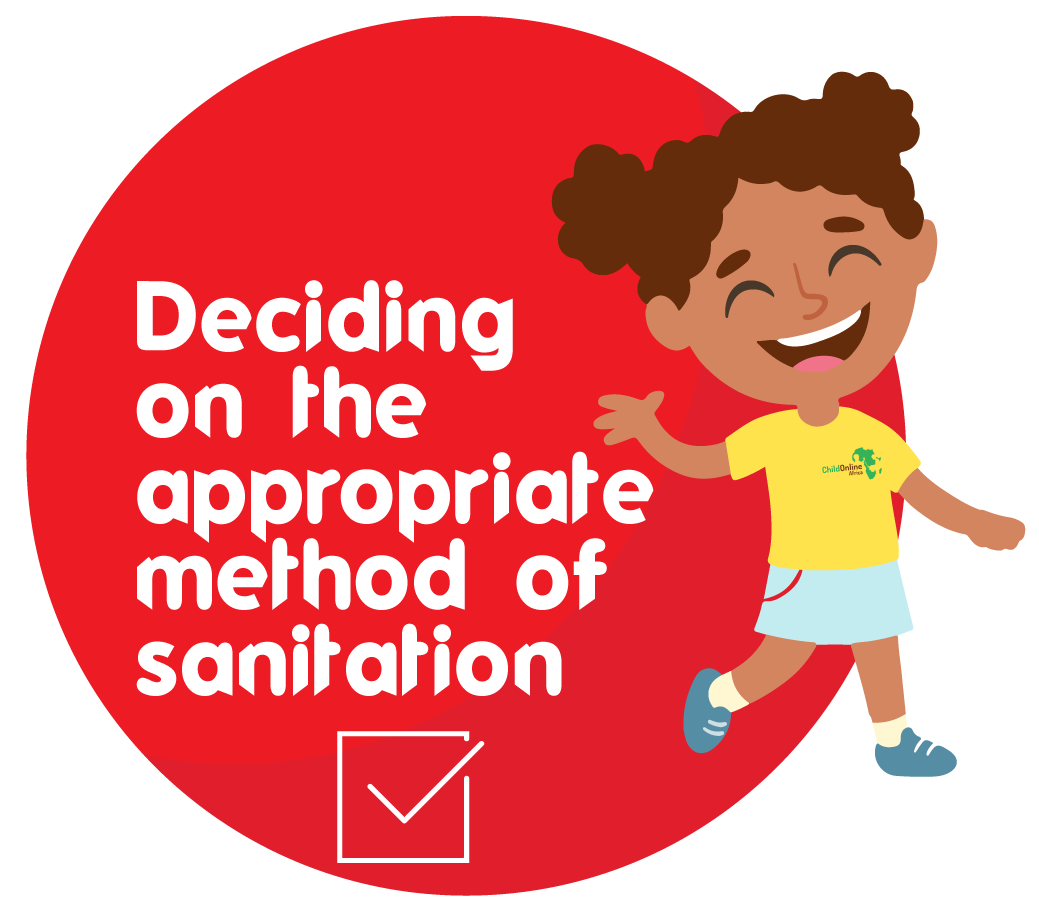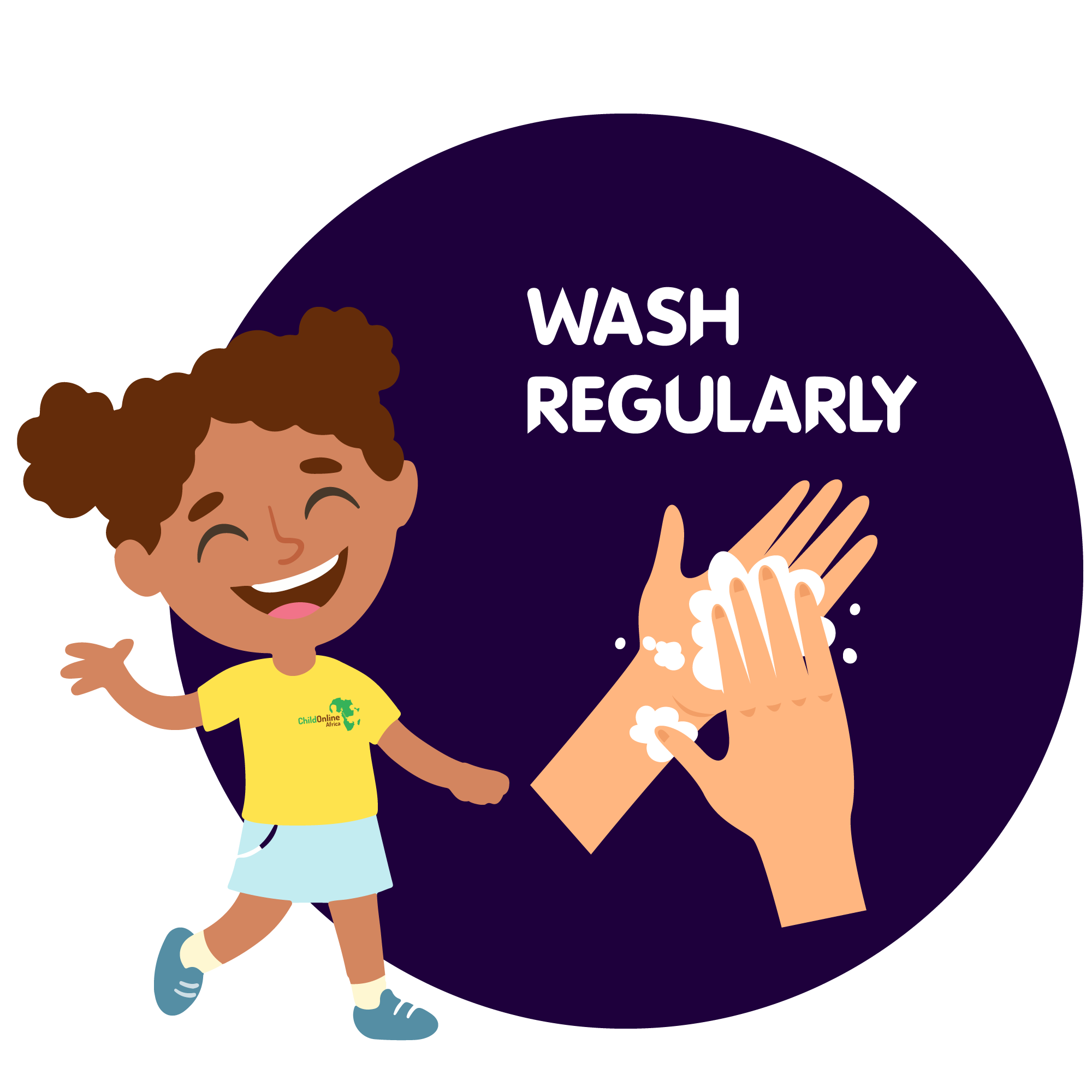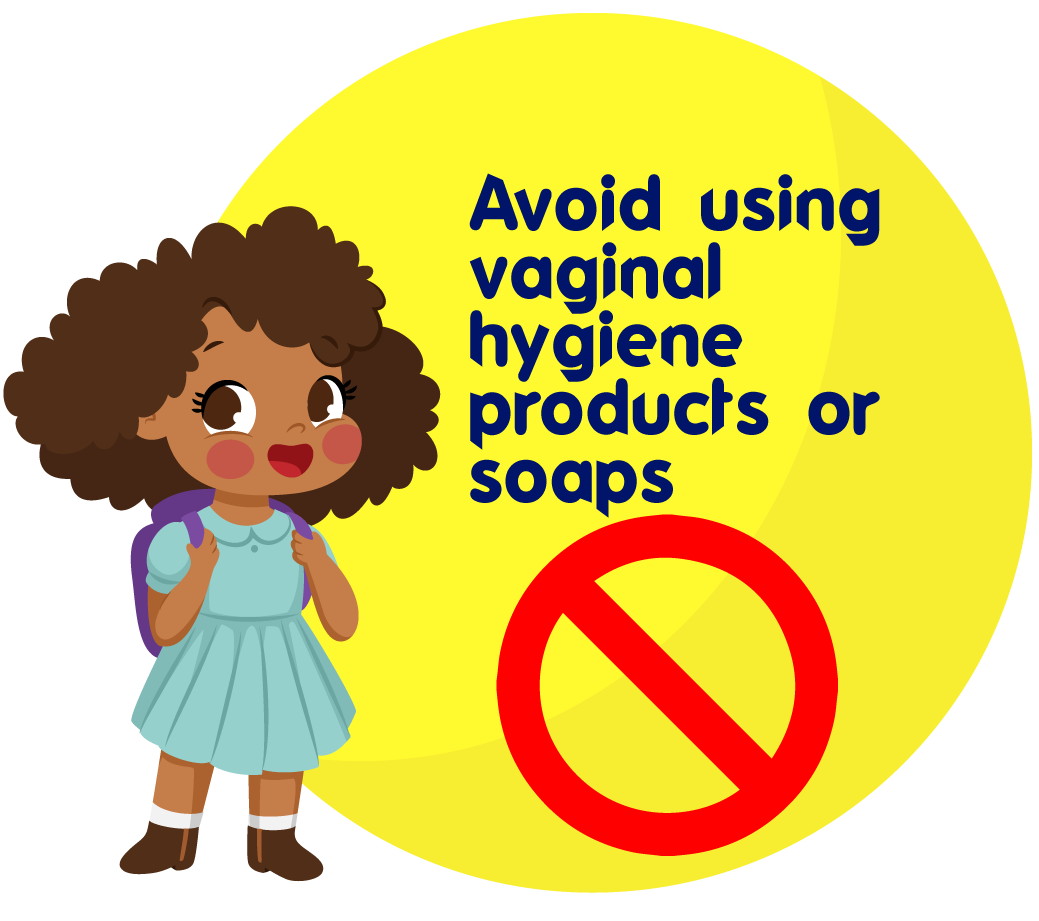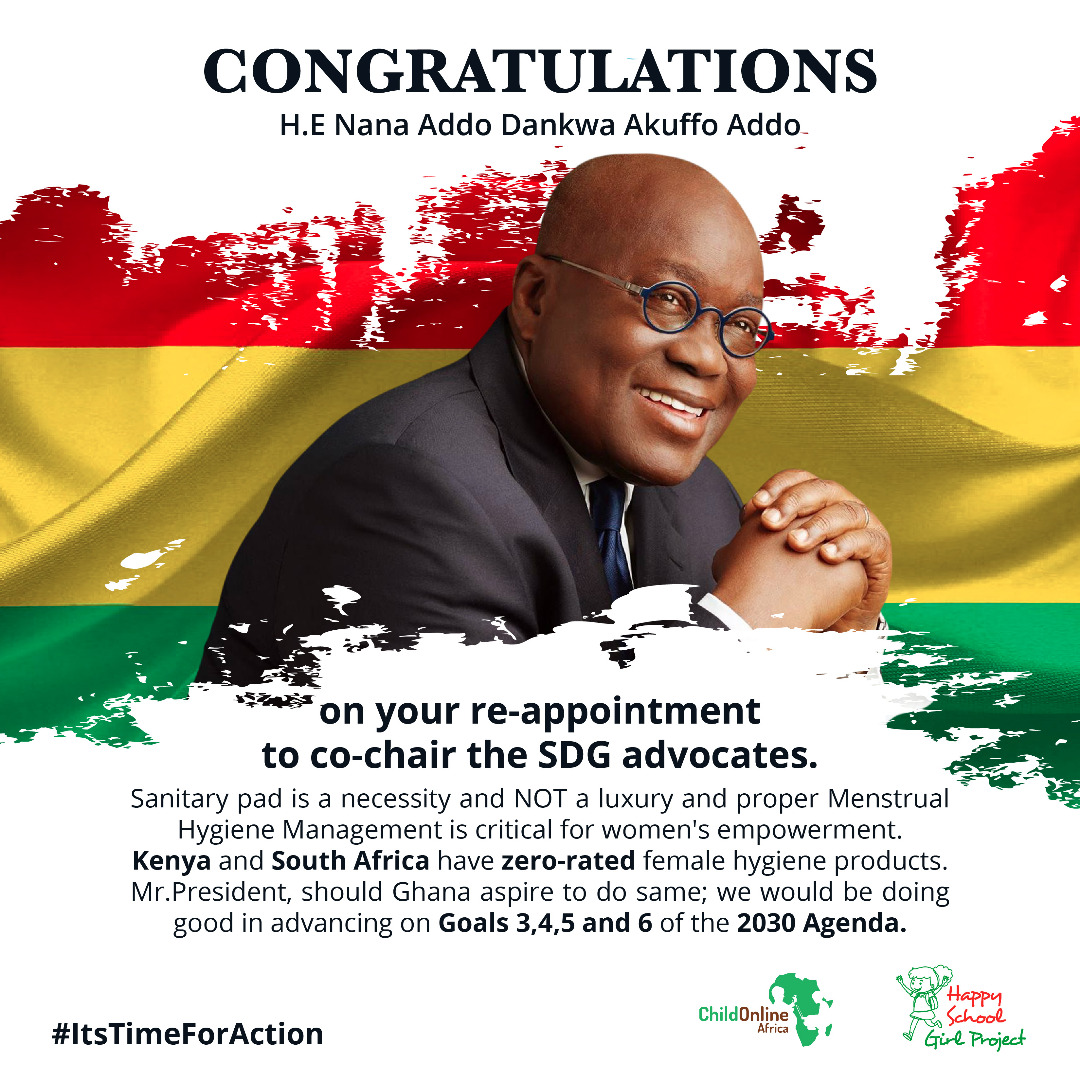Globally, it has been estimated that approximately 52% of the female population is capable of reproduction. This means that most of these girls or women would have their menstruation every month until they hit menopause. Menstruation lasts between two to seven days. Biologically, menstruation is an important and virtually normal part of the female human life, and humanity exists because of this. Our very existence is banked on the hope that a girl hits puberty and finally menstruates.
HAPPY SCHOOL GIRL PROJECT

Scroll Down
To Learn More
...
OVERVIEW
In this regard, menstrual hygiene is essential to the poise and health of women and girls and an integral part of hygiene, cleanliness and reproductive health to which every woman and girl has a right.
However, menstruation is too often regarded as a taboo, and has developed a wide range of negative cultural attitudes. For instance menstruating girls are often seen as ‘contaminated’, ‘dirty’ and ‘impure’.
Similarly, menstruating girls are pushed into isolation, and therefore suffer reduced freedom of movement, and culturally prohibited from participating in daily activities. Consequently, menstrual hygiene has been somewhat ignored by many.
For many girls around the world, it’s a barrier to going to school. So, we at Child Online Africa are working to provide easy access to sanitary products and education to help girls manage their periods better.
Most girls go through their periods very secretively and don’t really bother to figure out if their practices are hygienic or not. Sometimes girls use unhygienic means of maintaining their menstruation or even wear the same napkin for a whole day. Girls in less privileged places like villages and small towns still use unhygienic reusable cloth during their periods. Isn’t this sad?
Here are some tips to maintain hygiene during your periods, some of which you may not know about:
Tips to maintain hygiene during your periods
Deciding on The Appropriate Method of Sanitation
Now, there are different ways of maintaining blood absorption with the use of reusable or disposal sanitary pads, tampons and menstrual cups. Deciding to use either of these products would depend on your “pockets”, flow rate and comfortability.
There are different brands of blood absorbing materials, and the best tip is to try and use the one brand that suits you.
Switching brands can cause discomfort since specific brands, being unique can best suit your unique nature.

Tips to maintain hygiene during your periods
CHANGE REGULARLY
Menstrual blood, gets contaminated with the body’s organisms once it has left the ‘cockpit’, and applies to those days you bleed less. Because your pad or tampon is damp, the sweat and vaginal fluids would add to the contamination.
Changing often is imperative for optimal health. Letting these organisms remain in a moist and wet environment would result in multiplication and as such cause urinary tract infections, vaginal infections and skin rashes. Would you want that? I hope not!
Sanitary pad should or must be changed once every six hours, and once every two hours for tampons. If tampons are left inserted in the vagina for too long, you can catch a condition called TSS or toxic shock syndrome (sounds exotic doesn’t it?).
This condition happens when bacteria infiltrates (sounds villainous) the body and leads to severe infection that sends the body into shock and may lead to death in extreme cases. Scary isn’t it? Please change often!

Tips to maintain hygiene during your periods
Wash Regularly
During menstruation, the blood tends to enter tiny spaces like the skin between your labia or crust around the opening of the vagina, and can result in bad odor. You can avoid such bad odor by washing regularly.
It also prevents you from developing infections, and if you cannot wash regularly with water, do well to clean with tissue or toilet paper. It’s easy.

Tips to maintain hygiene during your periods
Avoid Using Vaginal Hygiene Products or Soaps
Your vagina has its own cleaning mechanism. It’s like a self-sustaining washing machine. Washing it with soap can kill the good bacteria making way for infections.
It is important to wash yourself regularly during this time, but avoid using soap around the vaginal region.


Get in touch.
Write us a message
We will be glad to hear from you
